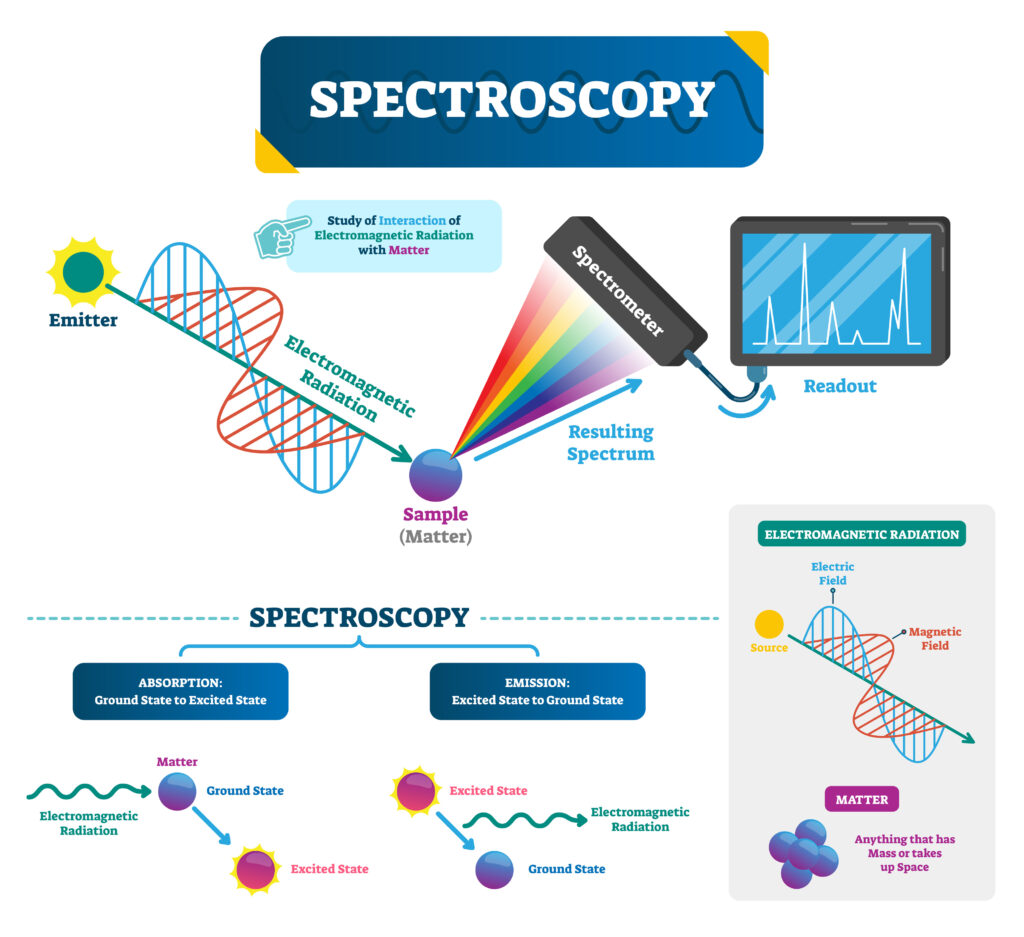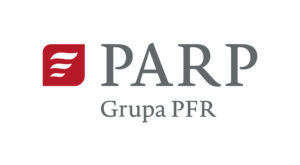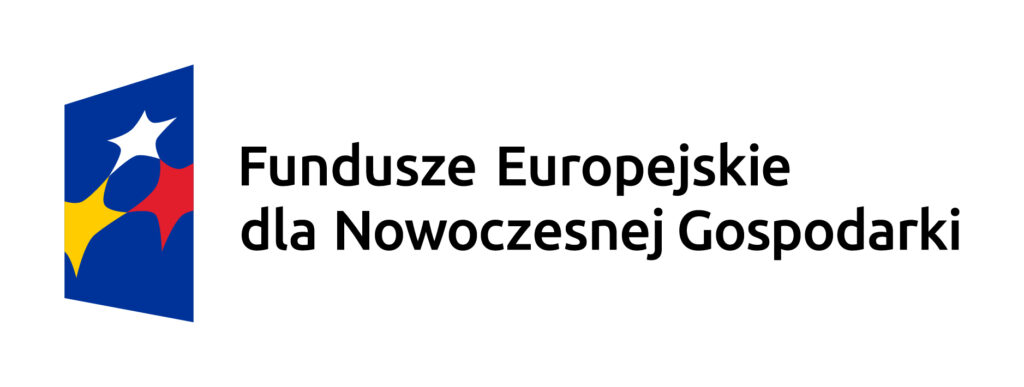Because it provides a rapid and non-destructive study of the chemical components present in the products, Raman spectroscopy is beneficial in the quality control of dietary supplements. Raman spectroscopy can recognize nutrients and spot contaminants that may degrade the quality of a product.

WHAT IS RAMAN SPECTROSCOPY
The molecular spectroscopy technique known as Raman spectroscopy relies on the inelastic scattering of monochromatic light in molecular structures. The molecules' excitation states are altered by the incident laser light, and as a result, the molecules produce light at different wavelengths in relation to the excitation wavelength (called Stokes or Anti-Stokes shifts). Every substance has a unique Raman spectrum. Because of this, the presence and composition of different chemicals can be detected and quantified using Raman scattering.
Raman spectroscopy is a non-destructive technique, which means that it does not damage or alter the sample in any way. It is also a non-contact technique, which means that it can be used to analyze samples without coming into physical contact with them. This makes Raman spectroscopy an ideal technique for analyzing delicate or sensitive samples.

PROBLEMS IN THE DIETARY SUPPLEMENTS PRODUCTION
The main problems in the dietary supplements production are:
- Low efficiency of the production line due to the complexity of quality control processes on and off the production line.
- Variability of raw materials: Raw materials used in the production of medicines can vary in quality and composition, leading to difficulties in maintaining the consistency and quality of the final product.
- Contamination: Contamination in the manufacturing process can seriously affect the quality and effectiveness of the drug. Contamination can occur both during the production process and during storage or transport.
- Human Errors: In the manufacturing process of medicines, human errors can lead to imperfections and quality issues. Many drug manufacturers are trying to minimize the risk of human error by automating and simplifying the production process.
- Maintaining a high level of quality control for a wide variety of different chemical substances in drugs.
- Costly and time-consuming quality testing of all components of the production line, such as ingredients, semi-finished products, and products.
- Most SMEs in the supplements industry cannot afford to have their research laboratories equipped with expensive diagnostic tools, e.g., stationary spectrophotometers, and a team of laboratory technicians to handle the processes. They have to outsource these processes and send them to specialized laboratories - it costs money and takes time.
OUR SOLUTION
All the problems of the dietary supplements industry require systematic and thorough quality control to ensure the safety and effectiveness of the final product.
It is challenging to do this without an automated quality control system using the latest technological developments.
Our solution solves many of these problems by providing a solution that is:
- Efficient, automated, and dedicated,
- It allows you to measure in real-time without waiting for results,
- It enables very frequent measurement of the quality of substances in many places of the production line,
- Excludes human errors, e.g., spectrum interpretation errors, by offering an automated system based on machine learning to determine the quality status of the tested substances and transfer them to operators on the production line,
- It enables a significant reduction in the cost of quality control of drugs on the line.
Case 1: Determination of quality of ingredients, semiproducts and products
The primary application is determining the quality of active substances, i.e. their purity and stability. This technique allows you to monitor changes in the spectrum of substances, which may indicate the presence of impurities, or changes in the chemical structure, which may affect the drug's effectiveness.
Case 2: Stability of ingredients control
Product stability data can also be obtained using Raman spectroscopy. It is crucial for the substances used in the creation of nutritional supplements to be stable and unaffected by handling, storage, or transportation. Raman spectroscopy can be used to detect changes in chemical components that might point to a decline in product quality.
Case 3: Counterfeit detection
The technology can also detect counterfeit and counterfeit dietary supplements as each chemical ingredient has a unique spectral fingerprint that can be detected by Raman spectroscopy. This allows us to detect substances that should not be there easily.




